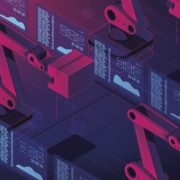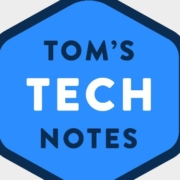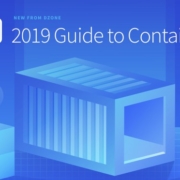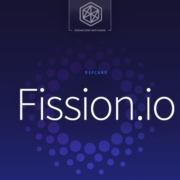Modern applications rely on microservices to remain scalable and efficient. Kubernetes provides the perfect environment for microservices to exist and work together with the tools and features it offers. As each part of the application gets placed in a container, the system as a whole becomes more scalable.
Articles
First, let’s go to Google trends and see the trend for both the terms "Kubernetes" and "Docker Swarm." What do we see? Clearly, we could see that Kubernetes is beating Docker Swarm. But, is that a valid proof to say Kuberneytes is winning? No way.
Of course, the search volume and trend for "Kubernetes" might be higher, but still, this alone doesn’t prove that Docker Swarm is dead.
Where Did DevSecOps Come From?
Traditionally, software development involved two separate siloed departments: development and operations. The developers were responsible for writing the code and the operatives were responsible for implementing and managing it.
Back then, this software development process, which essentially followed the waterfall process, was simple and straightforward. Consumer demands were manageable, and if any changes or improvements were needed to be made, the operators could ping back to the developers to make the necessary amendments.
I had the opportunity to meet with Marco Palladino, CTO and Co-founder, Kong on a recent trip to San Francisco to discuss their decision to open source their universal service mesh, Kuma.
Two major announcements over the last few days in the Java community! Today, the Eclipse Foundation announced both the Jakarta EE 8 release and Eclipse Che 7 release. And it’s all about the cloud!
You may also like: Jakarta EE and Beyond
Jakarta EE 8
Two years after Oracle handed over Enterprise Java to the Eclipse Foundation, they provided Jakarta EE, and since then, they have released version 8. As its name suggests, this version is compatible with Java EE 8, but is now completely open-source, and therefore, royalty-free.
This is part 4 in a series on monitoring Kubernetes and Docker. Catch up on parts 1, 2, and 3.
Photo by Nareeta Martin on Unsplash
Welcome to our latest episode of Tom’s Tech Notes! In this episode, we’ll hear advice from a host of industry experts about how to secure your containers. Learn what they have to say about security, ease of use, ecosystem maturity, and the talent gap.
As a primer and reminder from our intial post, these podcasts are compiled from conversations our analyst Tom Smith has had with industry experts from around the world as part of his work on our research guides.
From the introduction of Docker to LXC to Kubernetes, the world of containers has been constantly evolving — and it is not going to slow down any time soon. As the adoption of containers and their counterparts increases drastically, engineers and enterprises have had to increasingly put work into ensuring not only container security but also general functionality and maintenance. Download this guide to learn major orchestration trends, Kubernetes security, and more!
Source de l’article sur DZONE
A while back we wrote an article "Best Practices for Tracing and Debugging Microservices" that has turned out to be our most viewed web page ever on the 345 site. The original article is a brief look at some of the main considerations, so when we were looking for a subject for our first podcast episode this was an ideal candidate.
Some of the main points from the episode:
Learn to set up and use Fission, an open-source serverless framework that lets you write functions and execute them on-demand to make sure you only use the resources you need.
Source de l’article sur DZONE










